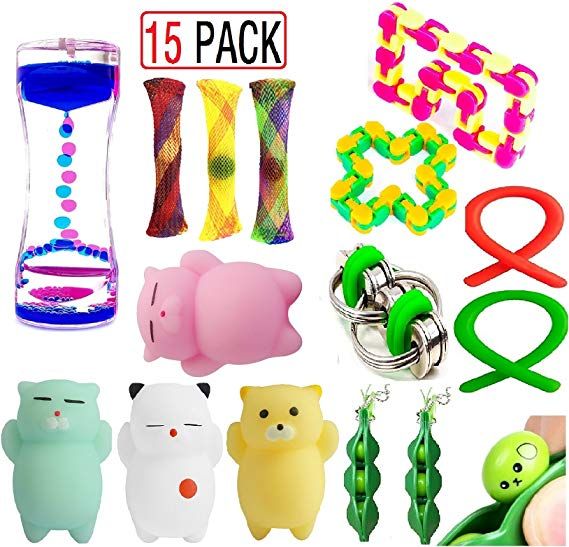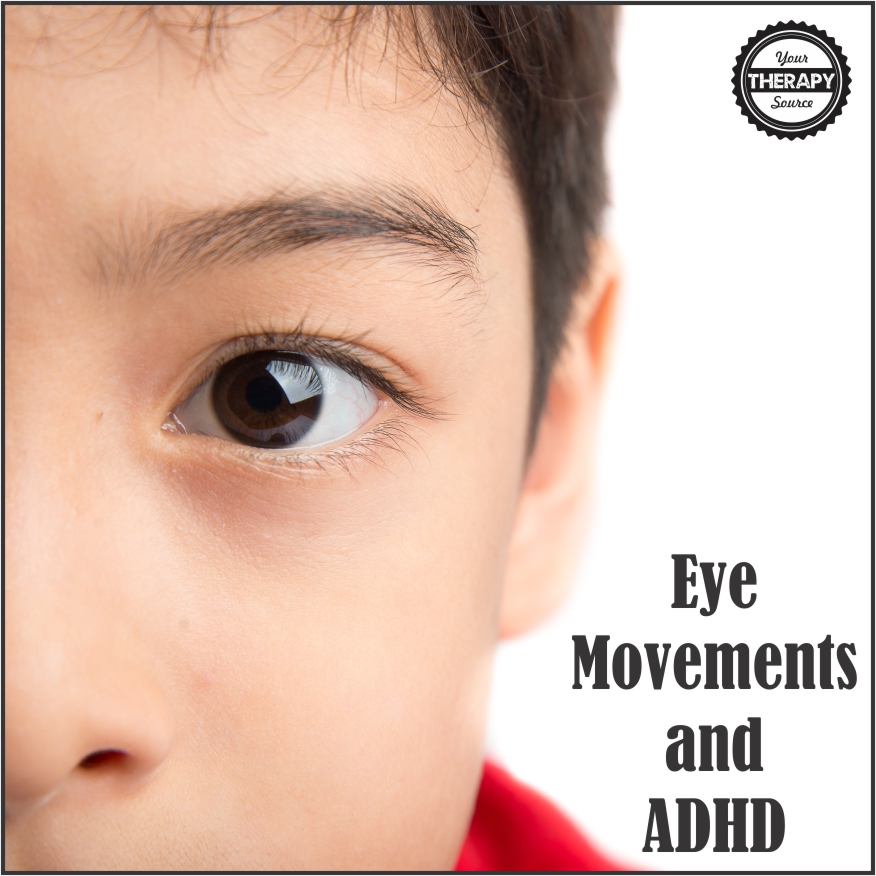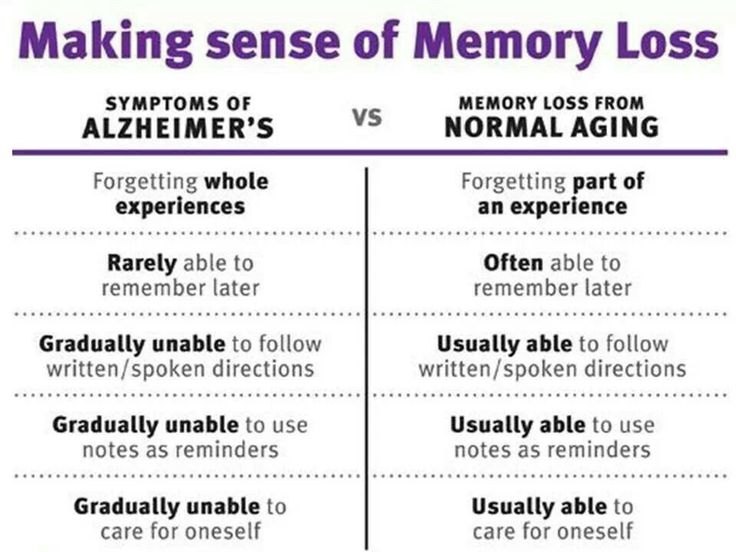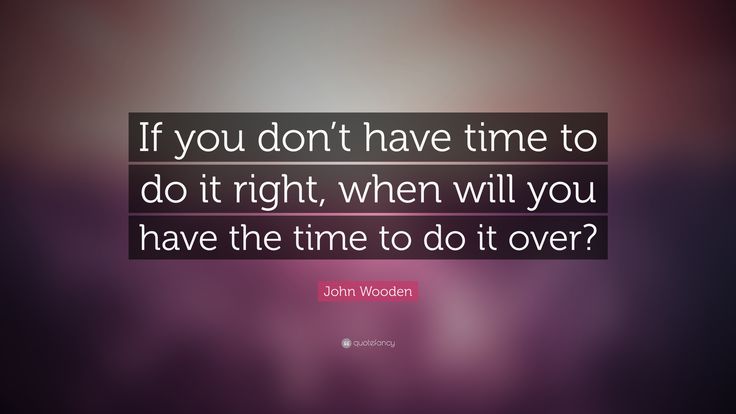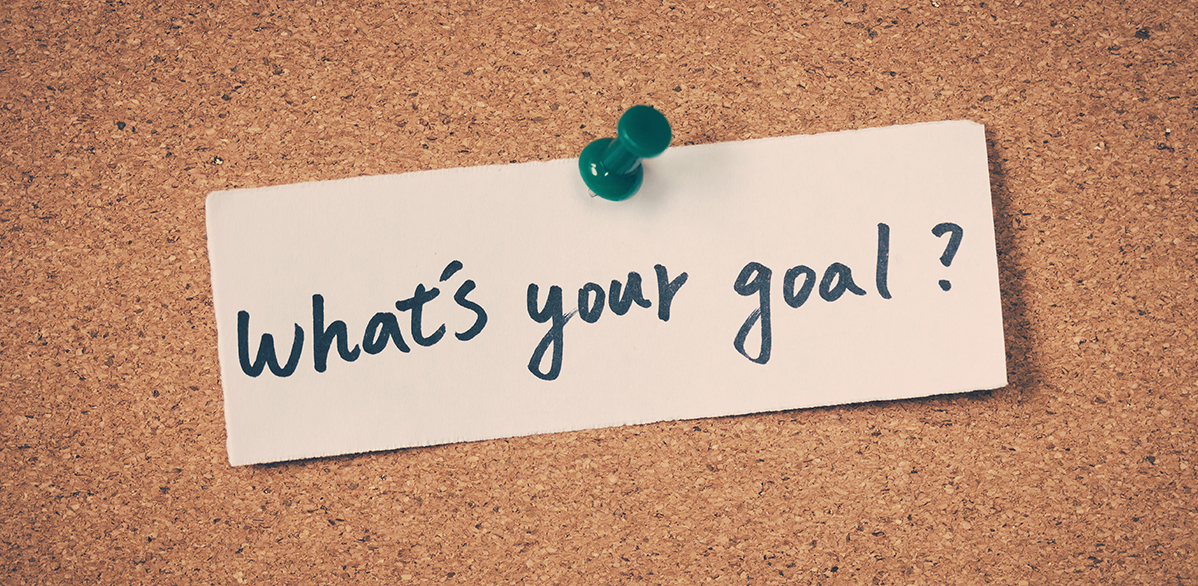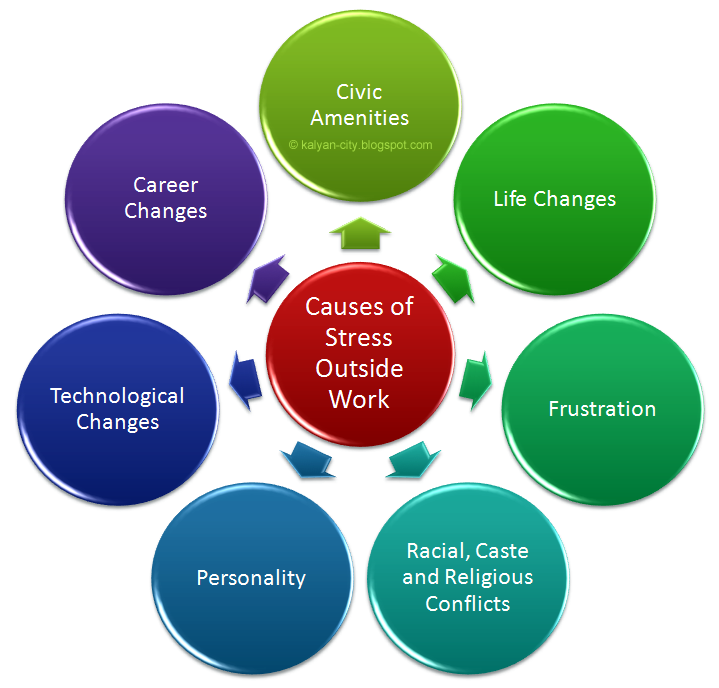Over posting on social media
The Benefits of Not Over Sharing on Social Media
For most of us, social media is their main means of communicating with friends and family. A recent study by the Pew Research Center found that eight-in-ten Americans have a FaceBook profile and of these users, 32 percent have an Instagram account and 24 percent have a Twitter account. And these numbers show no sign of slowing down–these findings indicate a 5 percent growth from the previous year. We’re now more likely to hear news about our friends’ and families’ lives online than we are in-person.
Minding our virtual relationships and crafting our online personas and reputation is a relatively new way to interact with others we know, and those we don’t. What is considered to be “socially appropriate” behavior for our online relationships really is no different than it is for our real life ones.
Paying attention to the ways in which we interact online, what we share, and the quality of our virtual relationships is important, as they have a real impact on our lives and mental health. Sharing the ups and downs of our lives with close friends and family is the glue that binds our relationships and what makes them strong. It is equally important to navigate our online relationships with the same level of care we navigate our in real life relationships-perhaps to an even greater level, as social media lacks a personal connection. So says Paul Booth, a professor at DePaul University in Chicago: “Our interactions on social media tend to be weak ties — that is we don’t feel personally connected to the people on the other end of our communication as we do when face-to-face.”
This is important to keep in mind when we have the drive to post intimate or sensitive information about ourselves or lives. In the end, our relationships are meant to make us feel good and cultivating healthy relationships both in real life and online is important.
Below are some tips for navigating online posting and communication:
- Don’t post when you’re feeling emotional.
 We have all at one time or another said and done things in anger that we later regretted and wished we could take back. These things are harder to take back when they are published on line. When we’re in the heat of the moment, going rogue on social media usually isn’t the best idea. We’ve all seen conflicts play out on social media and the result is rarely a resolution.Instead, the result is hurtful and insulting comments and rhetoric that ultimately leaves one feeling hurt, defensive and misunderstood. Instead of quickly responding to a friends’ comment you take issue with, consciously take a break from social media in order to give yourself the proper time and space to process your feelings and to collect your thoughts before posting a response.
We have all at one time or another said and done things in anger that we later regretted and wished we could take back. These things are harder to take back when they are published on line. When we’re in the heat of the moment, going rogue on social media usually isn’t the best idea. We’ve all seen conflicts play out on social media and the result is rarely a resolution.Instead, the result is hurtful and insulting comments and rhetoric that ultimately leaves one feeling hurt, defensive and misunderstood. Instead of quickly responding to a friends’ comment you take issue with, consciously take a break from social media in order to give yourself the proper time and space to process your feelings and to collect your thoughts before posting a response. - Use private messaging for resolving conflicts. If you feel you need to speak up or respond to a friends’ post you to offensive to, turn to a private — or even a phone call or in-person conversation before taking your grievance public.
 Directly sorting out conflicts is the best approach. Reducing your discussion to just those involved in the original conflict reduces the chances of pulling i into the mix which can make matter worse.
Directly sorting out conflicts is the best approach. Reducing your discussion to just those involved in the original conflict reduces the chances of pulling i into the mix which can make matter worse. - Prepare Yourself For Negative Responses. Before engaging in a public discourse, ask yourself: “Am I prepared to receive a barrage of negative responses?” If you think negative feedback and comments will make you feel upset or angry, hold off on posting. Instead, consider calling or texting a friend to talk through your feelings
- Protect Your Privacy. It’s important to keep in mind that our social networks, and the comments that we make on them are easier to find than ever.It’s become a common practice for employers or universities to search prospective applicant’s or student’s social media profiles and in these cases, it’s not just our relationships that suffer from over sharing but our opportunities, too. Make it a habit to only share private and sensitive information face-to-face or by phone.

- Social Media Overload and Internet Addiction. Compulsive Internet use is defined by excessive internet use resulting in difficulty maintaining daily responsibilities or normal daily function. Although compulsive Internet use is not an officially recognized disorder, internet overuse and it’s effects on our emotional well-being is being widely researched. Some of the symptoms associated with the condition include poor concentration, emotional detachment and shutdown, and withdrawal symptoms similar to that of substance use withdrawal have been reported. Being aware of the potentially negative consequences of too much time spent online is an important part of cultivating a healthy balance between our online relationships and real life ones.
Over Posting on Social Media
Social media is important. It helps us define our image, reconnect with others, and of course—stay in the loop. We all LOVE the loop. The loop is our friend.
With that being said…there are those of us out there who tend to over post. We know you’ve rolled your eyes or sighed in exasperation at some of the things you’ve seen on your homefeed, and we want to prevent those eye rolls from being directed at you. Therefore, we’ve compiled a list of 8 things that may make you think twice before over posting on social media.
We know you’ve rolled your eyes or sighed in exasperation at some of the things you’ve seen on your homefeed, and we want to prevent those eye rolls from being directed at you. Therefore, we’ve compiled a list of 8 things that may make you think twice before over posting on social media.
We’ll say it. People get annoyed with a lot of posting. At the same time, we encourage stay-at-home-cooking nights and venting about horrible Mondays!! Just…not necessarily on social media. People want to know the important things! If they have to get a play by play of your obvious weather observations (with photos) or be forced to read your rants about your winter cold (also with photos?) …they might just choose not to look at it. Ever again.
Posting cleanse=More friends.
2. Likes on likes on likes!Ok, so you’ve managed to keep your friends, but what about validation? Admit it, you love it when you get “likes” on your posts. I know that when I don’t reach 11 likes on Instagram, I seriously consider deleting it. (It shows the NAMES instead of NUMBERS. I can’t.) Don’t be like me. Make your posts count. A good rule of thumb is to not post what you are eating, drinking, or thinking at that very moment. We’ve all seen a glass of wine or a side of guacamole. Show us what made your week special! You’ll get way more likes, entertain others, and feel pretty pumped about your mad skillz.
I know that when I don’t reach 11 likes on Instagram, I seriously consider deleting it. (It shows the NAMES instead of NUMBERS. I can’t.) Don’t be like me. Make your posts count. A good rule of thumb is to not post what you are eating, drinking, or thinking at that very moment. We’ve all seen a glass of wine or a side of guacamole. Show us what made your week special! You’ll get way more likes, entertain others, and feel pretty pumped about your mad skillz.
Once you post it on Facebook, it’s hard to go back, delete or no delete. We have the “comment” function and the “screenshotting” phenomenon to thank for that. In person conversations are way better because they are inherently forgiving. You can immediately justify or explain what just flew outta yer mouth, or even ask for a re-do (please?). On Facebook, you’re stuck. And that is bad, because your uncle could have seen that inappropriate status. You know, your very bored uncle with the iPhone 5 who texts your mom anything and everything? Yeah, him. Chances are, he has a Facebook. Busted.
Chances are, he has a Facebook. Busted.
Like we said above, anytime you post something online, it’s very hard to get it removed–photos especially. That means your future employer could potentially find that pic of you at that costume party…
When you were a rodent.
Yes, a rodent.
Unless you’re applying to work for a pest control company, I don’t know if they are going to LOVE that choice of costume. Keep in mind that Snapchat is a great solution to making some pics less permanent (and it’s way too fun!)
5. The Turn-offOk, so there’s this cute guy. He’s a friend of a friend. And apparently, he’s perfect for you. Ok, what do you do first? Facebook him. Don’t even TRY to deny it. You know it. I know it. And he knows it.
Our first impressions are rarely saved for in-person meetings. And even if they are, our second impression will absolutely be from some sort of online presence. This means, we gotta be smart about what we share online. Posting a picture of a beautiful sunset as you sip your iced tea on a wonderful Sunday? Nice, girl. Posting 5 selfies of your new bangs? Eeep. Not so much.
This means, we gotta be smart about what we share online. Posting a picture of a beautiful sunset as you sip your iced tea on a wonderful Sunday? Nice, girl. Posting 5 selfies of your new bangs? Eeep. Not so much.
Take a second to think about the impression you create online, and then remember to save enough for in-person conversations. The more you publicly share, the less you can privately discuss. The information is already out there, and a conclusion has already been made. Let him, or anyone, get to know you on your own terms. Because…you’re awesome.
6. The Leave-out.It’s Friday afternoon and you KNOW your girlfriends got somethin’ fun going on for the night. You log onto Facebook to kill some time before the group texting begins. Right smack dab in the middle of your homefeed you see…”OH EM GEE YALL KELSEY AND I ARE AT THE MOVIES!”
What.
It is NO fun feeling left out, especially when social media is the messenger. You know how it feels, and you don’t want to do that to your friends, right? Tagging others in statuses has a much higher chance of really hurting somebody else’s feelings. Plus, it’s not necessary to let everyone know who you’re with at all times. We know you have friends. You’re cool.
Plus, it’s not necessary to let everyone know who you’re with at all times. We know you have friends. You’re cool.
Of course there are exceptions–but just keep it in mind! If not, you might wanna prepare yourself for some nasty friendship fights.
7. Live in the moment.You scored tickets to the Beyonce concert? Girl, we wanna see a dang good picture. But you better enjoy Queen B shaking her thang while you’re there. Don’t worry about providing the world with a slew of pictures–you’ll miss out! Wait until later to create the perfect Picstitch of the night, and send that out! Not only will you get to soak in all of B’s fabulousness, but you’ll give your friends a pretty impressive shot with the PERFECT filter. So put it away, and post later.
8. If you have to say it, it usually isn’t true.Ok, so maybe the new Miley isn’t your jam. Even though I may or may not agree with you (ok I agree with you), that doesn’t mean you should share your feelings on the Internet. People who try to push their values and opinions onto others are usually seeking the confidence to believe in it themselves. They need reassurance! That’s why posting tends to create less credibility. We like that you have opinions and we like that you have principle! Don’t let them lose credibility!
People who try to push their values and opinions onto others are usually seeking the confidence to believe in it themselves. They need reassurance! That’s why posting tends to create less credibility. We like that you have opinions and we like that you have principle! Don’t let them lose credibility!
Speaking of…y’all should totally like us on Facebook.
What the heck, why not? We know you’re always on there anyway. Happy posting and Blush you!
Love being online and figure you should make a life change while you’re at it? Join Blush today!
What should not be published in social networks?
You won't surprise anyone with clickbait headlines, hype topics and SMM on the verge of a foul (like Tanuki or Vizit, for example). But sometimes, watching the publications of brands on social networks, you involuntarily grab your head and think: what, it was possible?
Still, we believe that brands should not publish all content on social networks. At a minimum, because an unsuccessful post or stories can hit the company's reputation, and at the very least, it can negatively affect sales and the brand's future activities.
At a minimum, because an unsuccessful post or stories can hit the company's reputation, and at the very least, it can negatively affect sales and the brand's future activities.
What should a company not publish on social networks, even if they really want to?
Jokes about politics, race, religion and sexual orientation
All these topics are very dangerous and can cause a wave of negativity, as was the case with the Tanuki post, for example (they joked about the Black Lives Matter movement). How this affected the number of orders and the profit of the institution - one can only guess. But the fact that this post gathered a lot of negative comments and hit the image of restaurants hard is undeniable.
If you think it's necessary to keep up with the news agenda and respond to all hot topics, then remember that the audience may not appreciate the humor, then you will either have to endure a flurry of criticism, or delete the publication and apologize. And this is not hypocrisy, but rather good manners and new tolerant realities.
And this is not hypocrisy, but rather good manners and new tolerant realities.
Irrelevant viral content
Viral videos of funny cats or kids are great, but if you're a premium car brand with a predominantly male audience of 40+, then it's highly doubtful that subscribers will "get into it." Rather, it will cause bewilderment and, possibly, also negative.
Try to either create viral content that is relevant to your target audience, or adapt it for it. That is, to make sure that your subscribers, and not just yourself, understand the joke and laugh at it.
A sharp reaction to negativity
We are all human and sometimes it is very difficult to resist responding "courtesy" to some particularly harmful, aggressive and active subscriber/client. But negativity only breeds negativity, and a brand can't always afford to say everything they think about a customer. Look at the problem from the other side: use negativity as an opportunity to help a person understand the problem and make him a loyal customer. It is not easy to remain polite and correct despite the rudeness of the subscriber, but it will definitely pay off. Even if the problem is not resolved, the brand in the eyes of consumers will look caring and polite, which is already a lot.
Look at the problem from the other side: use negativity as an opportunity to help a person understand the problem and make him a loyal customer. It is not easy to remain polite and correct despite the rudeness of the subscriber, but it will definitely pay off. Even if the problem is not resolved, the brand in the eyes of consumers will look caring and polite, which is already a lot.
If you want to be able to write whatever you think about them in comments, private messages and posts, choose a company with the same beliefs to work with or declare the appropriate tone of voice of the brand from the very beginning.
Of course, in any situation it is necessary to distinguish a dissatisfied subscriber/client from a simply inadequate character. Comments and messages from dissatisfied buyers can be overly emotional, incorrect, but there will always be a certain problem that made the person angry. Dealing with inadequacies is like fighting windmills. If you feel that there is no way to translate the dialogue into a constructive channel and this is not your fault, ban people. But this is the most, most extreme measure, when there is no hope anymore.
But this is the most, most extreme measure, when there is no hope anymore.
Poorly proofread content
Domestic bloggers often sin with this, companies are less noticed in this, especially international ones. But the fact remains: many brands are bad at proofreading posts, so they post texts with errors. Indeed, social networks create a feeling of some kind of negligence and ease of communication (we are not writing a dissertation in philology here), but mistakes and omissions will expose you as amateurs on any platform.
Treat publications carefully, the audience is very sensitive to any shortcomings in the content. And for many, competent posts act as a kind of guarantee of the quality of the product or service itself. After all, if a copywriter treats his work carelessly, where are the guarantees that the company “does everything else in good faith”, what is called?
Too many selling posts
The audience goes to social networks for entertainment, communication and sometimes shopping. If you turn your brand page into an all-selling canvas, then subscribers will not stay long and it will hardly be possible to sell something to them. Even if you are promoting an online clothing store, the content should be varied and interesting: product selections, videos, thematic humor, stories about the production of things - these formats will resonate perfectly in the hearts of subscribers, and the brand will ensure audience loyalty.
If you turn your brand page into an all-selling canvas, then subscribers will not stay long and it will hardly be possible to sell something to them. Even if you are promoting an online clothing store, the content should be varied and interesting: product selections, videos, thematic humor, stories about the production of things - these formats will resonate perfectly in the hearts of subscribers, and the brand will ensure audience loyalty.
Only one format of content
You can't just post photos and expect high engagement. The content in the brand account should be interesting, diverse and in line with trends. For example, try adding animated elements to your photos or making a video about your company. Believe me, if you diversify content formats, the audience will notice and appreciate it.
Of course, there are no strict rules for published content: each brand posts what it sees fit and has every right to do so. But do not forget that there is a response to any content. The main task of a brand in social networks is to maintain and increase the loyalty of subscribers, and not temporarily increase coverage through ephemeral hype and clickbait content.
But do not forget that there is a response to any content. The main task of a brand in social networks is to maintain and increase the loyalty of subscribers, and not temporarily increase coverage through ephemeral hype and clickbait content.
Freud is an agency that knows what your business should post on social media
| Apply for SMM |
This information about yourself cannot be published online
This information about yourself cannot be published online 9004 Are all the items in the "about me" section on your page on the social network? How often do you geotag your posts on Instagram? Would you feel embarrassed if your parents saw the videos you make on TikTok? Do you know who exactly views your page in Vk?
Not so long ago, ill-wishers and swindlers had to go to incredible tricks in order to get information about the future victim of a crime. Today, we make life easier for them by voluntarily distributing data about ourselves on the Internet and in social networks.
In real life, we are not ready to share a phone number with the first person we meet, but we easily post it in a prominent place in our account. You can’t frivolously publish personal data, because you never know who will use it and how. Here is a list of information that should not be posted on the Internet:
- Information about the place of residence, study, rest, work, etc.
Leaving your home address or even a hint of it on social networks, you risk becoming a victim of robbery or fraud. Sometimes it is enough for criminals to notice an address plate accidentally caught in a photograph, or a view from a window in order to obtain data on where you and your family live.
Be careful with geotagging. This is not only a direct link to your address, but also a way to find out your habits, travel routes, information about where and when you are.
- Mobile phone number.
The most harmless danger of posting a personal phone number on a social network is an endless stream of spam calls and messages. Often, accounts on social networks, email, personal account in applications, etc. are linked to the phone number. To avoid leakage and loss of important personal data and not to encounter calls from strangers or unpleasant people, do not indicate or hide your phone number on the Internet. If publishing a phone number is necessary (eg for registration or promotional purposes), use a separate number that will not be associated with your personal information.
Often, accounts on social networks, email, personal account in applications, etc. are linked to the phone number. To avoid leakage and loss of important personal data and not to encounter calls from strangers or unpleasant people, do not indicate or hide your phone number on the Internet. If publishing a phone number is necessary (eg for registration or promotional purposes), use a separate number that will not be associated with your personal information.
- Email address.
As a rule, when registering on a social network or website, you "link" your account to your e-mail. Having taken possession of your mailbox, scammers will automatically gain access to other personal data. Do not leave your personal email address open to everyone on social networks, use it only on trusted sites, create a separate mailbox for online stores, entertainment services, app subscriptions, etc.
- Passwords, answers to security questions for gaining access to accounts in social networks.

When choosing a password for your account, make sure that fraudsters cannot pick it up based on the information on your page. Giving your passwords to even your closest friends, storing your social media login photos in the cloud, and writing them down in plain sight is a bad idea.
- Photos of documents.
It's not only about the passport (even if you looked very good in the picture), but also about photos of tickets for events and transport, visas.
- Data and photos of bank cards.
Never use bank cards (including their data) of parents and relatives without their knowledge. If you need to make purchases online, pay for subscriptions or other services, agree with your parents on how to use their card.
The best way to protect yourself is to get a separate card for online purchases and payments and transfer money to it as needed. If this is not possible, try not to store large amounts of money on the card whose data you use on the Internet, and also connect an SMS notification about debiting funds from the account..jpg) Do not enter your card details on sites you do not trust.
Do not enter your card details on sites you do not trust.
- Personal and candid photos.
Photos that have got on the Internet can no longer be permanently deleted from there (even if you deleted them from all devices on which they got). When adding a new photo to your page, evaluate the consequences of its publication. Some photos are best left for personal archives. Even if such photos are protected by privacy settings and are available only to you, there is a risk of account hacking.
- Information that you would be embarrassed to tell others in direct communication.
You don't know who can visit your page. Be prepared that your posts and photos will be seen not only by friends, but also by relatives, classmates, teachers. Be careful what you post, like, comment and repost.
Do not share any confidential or personal information with strangers or strangers online. If you receive a letter from a friend or loved one with unexpected content, contact them in another way (for example, by phone) before making any decisions.
